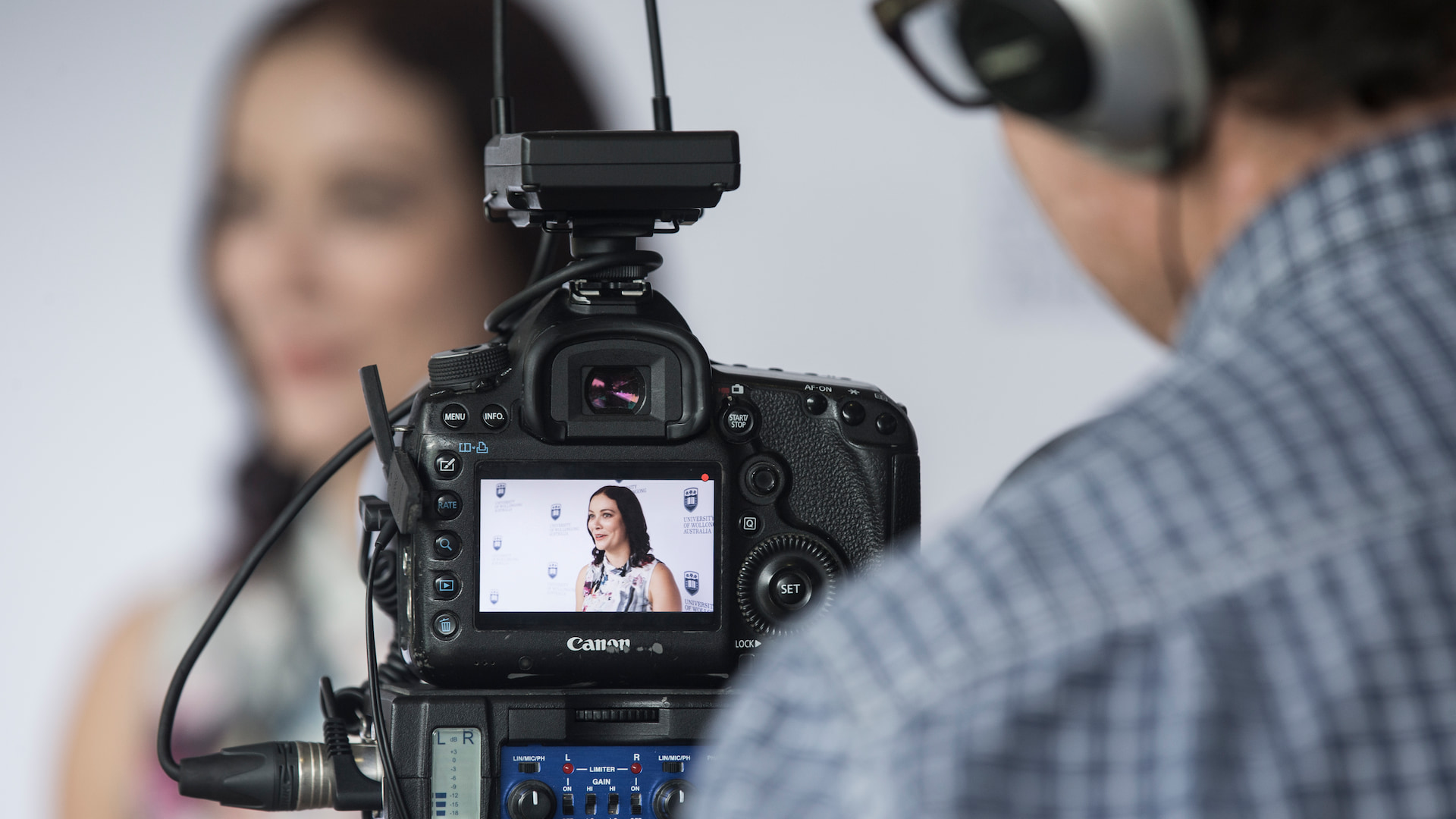September 9, 2025
МмГАґ«ГЅapp expert commentary (9 September)
МмГАґ«ГЅapp academics provide expert commentary, opinion and analysis on a range of ongoing and breaking news stories
Social media age ban
Dr Oliver Guidetti can discuss the viability of the Government’s proposed social media age ban following the release of the findings from the Age Assurance Trial Report. ’s research spans psychology, cybersecurity, and human-computer interactions in society and the workplace. Dr Guidetti is a Lecturer in the School of Psychology.
World Suicide Prevention Day (10 September)
Dr Michelle Townsend can provide expert commentary on suicide prevention for World Suicide Prevention Day (10 September). ’s research focuses on suicidal behaviours in children and adolescents and the impact of client suicide on health professionals. Dr Townsend is a Senior Research Fellow in the School of Psychology and a Senior Lecturer in the Public Health Discipline in the School of Social Sciences.
R U OK? Day (Thursday 11 September)
Associate Professor Christopher Patterson can talk about R U OK? Day (Thursday 11 September). is a lecturer within the School of Nursing. He is a registered nurse with specialist qualifications in mental health. Associate Professor Patterson is also the Co-Director of the award-winning Recovery Camp program. He is committed to making a difference in the lives of people who are living with mental illness, as well as assisting future nursing professionals develop recovery-oriented skills.
Social Sciences Week (8-14 September)
Distinguished Professor Anthony Okely can comment on Social Sciences Week (8-14 September). can discuss how social sciences shape fairer, healthier, and more sustainable futures through research tackling housing affordability, domestic violence, AI in healthcare and Indigenous knowledge for environmental justice. He is a Distinguished Professor of Public Health and Associate Dean Research in the Faculty of the Arts, Social Sciences and Humanities.
1 in 8 households don’t have the money to buy enough food
Dr Katherine Kent can discuss the latest data showing 1.3 million households can’t afford enough food, making food insecurity a growing public health and equity crisis. Households experiencing food insecurity are most impacted among single parents, families with kids, group households and First Nations communities. In an article for she writes:
Around one in eight () Australian households experienced food insecurity in 2023. This means they didn’t always have enough money to buy the amount or quality of food they needed for an .
The data, released on Friday by the (ABS), show food insecurity is now a mainstream public health and equity challenge.
is a public health nutritionist from the .
What is prepping – and how does it work in Australia?
Associate Professor Jordan McKenzie can talk about what prepping looks like in contemporary Australia, and what it means for our culture more generally. In an article co-authored for he writes:
Who are the people actively living for the end times? Are sovereign citizens the same as survivalists? Are survivalists different from preppers? And what precisely do people mean when they talk about “”?
is an Associate Professor in Sociology and Senior Lecturer in the School of Humanities and Social Inquiry.
МмГАґ«ГЅapp academics exercise academic freedom by providing expert commentary, opinion and analysis on a range of ongoing social issues and current affairs. This expert commentary reflects the views of those individual academics and does not necessarily reflect the views or policy positions of the University of МмГАґ«ГЅapp.
